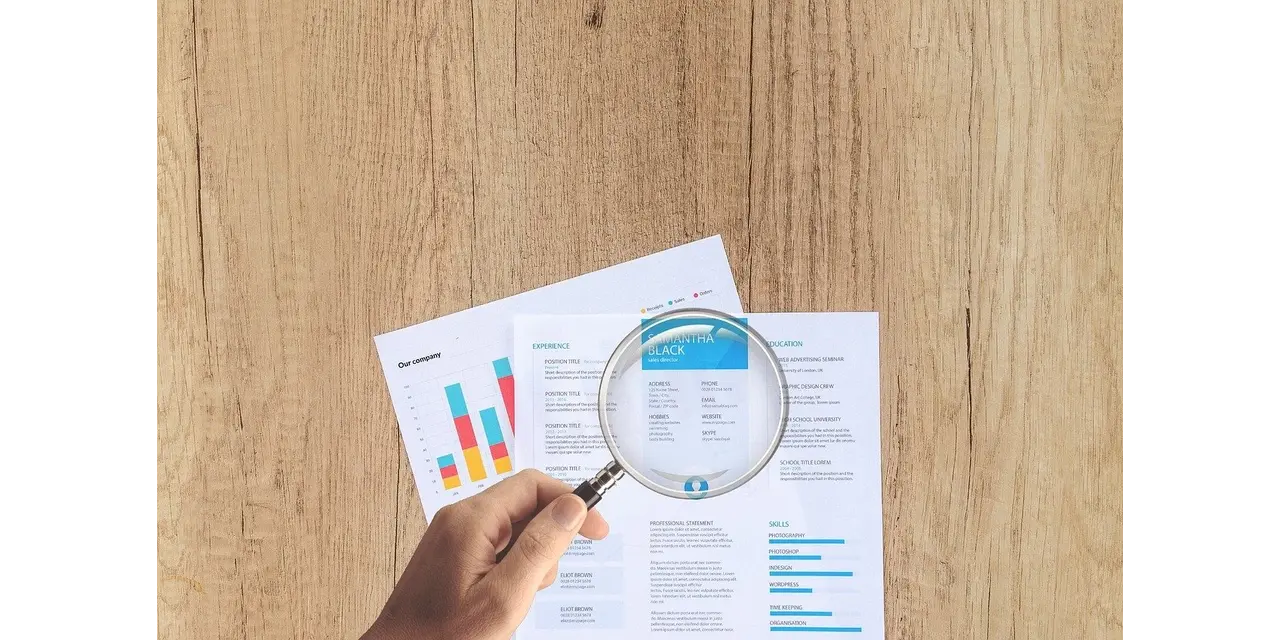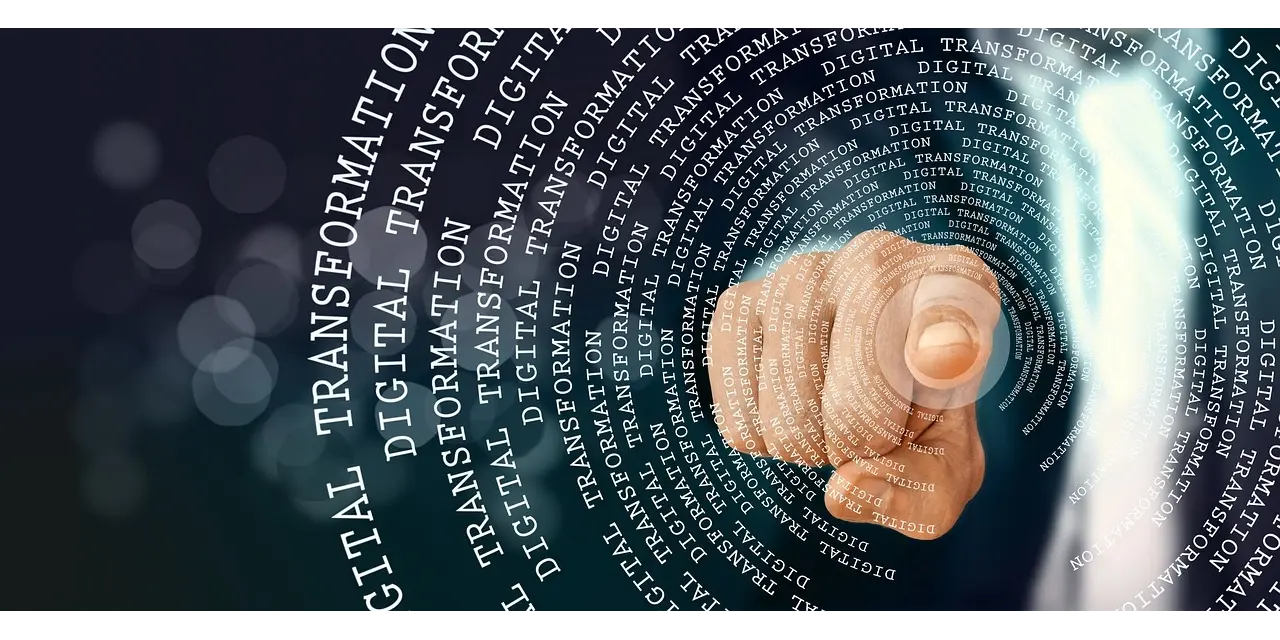In order to answer your request, we are obligated to process the data given above. Sometimes, however, we would like to use them for slightly different purposes, such as statistical data or informing you about our new products and services.We promise that we will use the given information for communication purposes only. We also remind you that you can unsubscribe from our mailing at any time (see Privacy Policy).
In the business world, invoices are an integral part of every transaction. In Poland, invoicing rules are strictly defined by law, and understanding them is crucial for running a successful business. This guide aims to explain the basics of invoicing in Poland, with a particular focus on the differences between domestic invoices and import/export invoices.
What is an invoice?
An invoice is a document confirming the sale of goods or services. It is an essential accounting document used for tax settlements and as a basis for payment. In Poland, invoices must meet specific formal requirements to be considered valid.
Required elements of an invoice:
- Invoice number
- Date of issue
- Seller and buyer details (name, address, tax identification number - NIP)
- Name (type) of goods or services
- Quantity or scope of goods or services
- Net unit price
- Net sales value
- VAT rate
- VAT amount
- Gross sales value (with VAT)
Types of invoices in Poland:
- VAT invoice: A standard invoice issued for the sale of goods or services with VAT included.
- Invoice without VAT (ZW): Issued in case of VAT exemption or when the buyer is a VAT payer in the EU.
- Proforma invoice: Issued before the delivery of goods or provision of services, as a pre-payment request.
- Final invoice: Issued after the delivery of goods or provision of services, correcting the proforma invoice.
- Corrective invoice: Issued to correct errors on the original invoice.
- Duplicate invoice: Issued at the buyer's request, in case the original is lost or destroyed.
Domestic invoices vs. import/export invoices:
Domestic invoices are issued for transactions between entities based in Poland. Import invoices are issued by a foreign supplier to a Polish buyer, while export invoices are issued by a Polish supplier to a foreign buyer.
Key differences:
- Language: Domestic invoices are issued in Polish, while import/export invoices may be issued in a foreign language but often require translation into Polish for tax purposes.
- Currency: Domestic invoices are issued in Polish zloty (PLN), while import/export invoices may be issued in a foreign currency.
- VAT rates: For import invoices, VAT is usually settled by the buyer according to import rules, while for export invoices, the supply may be exempt from VAT or subject to a 0% rate.
- Markings: Export invoices must include additional markings, such as "export of goods" or "WDT" (intra-Community supply of goods).
Additional information:
- Thresholds: For certain transactions, thresholds apply, above which the invoice must be issued electronically (e-invoice).
- Archiving: Invoices must be stored for a specified period, according to the law.
- Invoicing software: Many computer programs facilitate issuing and managing invoices, such as Subiekt GT.
Understanding the principles of invoicing in Poland is essential for every entrepreneur. Proper invoicing ensures compliance with legal regulations, facilitates tax settlements, and helps build a professional image of the company.
Remember that tax regulations may change, so it's always good to stay up-to-date and consult a tax advisor if in doubt.
Linker Cloud brings you no-code plugins for integrating e-commerce platforms, shipping companies, ERP, WMS, and other systems. Get in touch!





